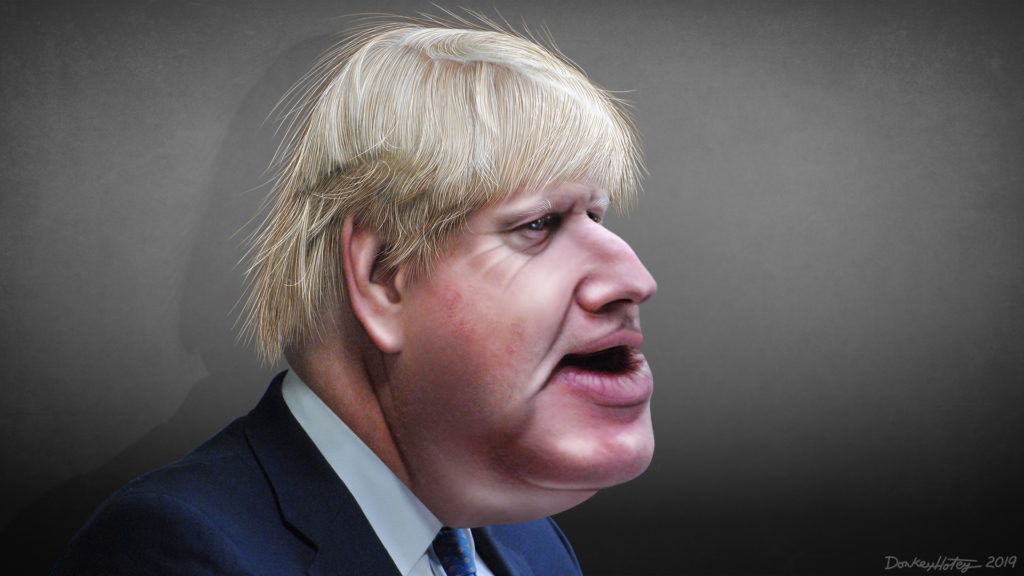Those of us who tend to leave things to the last moment and put off difficult decisions are very well placed to understand the position that global leaders now find themselves in after years of collective procrastination. Nothing more acutely exemplifies the crunch point of years of disagreement than COP26, the 26th iteration of the United Nations’ Climate Change Conference of the Parties.
The global political economy is both divided and unified by the existential threat of climate change and ecological breakdown. The threat is often compared to World War Two, when Allied Governments – despite leaving their response far too late – were able to win by throwing everything at the war effort, forcing their populations to accept deprivations and economic ruin, largely with the overwhelming support of the voting public.

The climate emergency does not present the same clear and present danger or engender the same decisive response. It cannot be resolved by governments swinging into action at the last moment only when the consequences of inaction are staring everyone in the face, with sea levels rising above the defences, fires raging in our cities, and an unprecedented climate-related refugee crisis.
In recent years, we have witnessed a parallel of the appeasement that pre-war politicians engaged in prior to the threat being completely undeniable. In many respects, Boris Johnson – and his predecessors on both sides of the house – are the Neville Chamberlains of our times.
Parallels between this scenario and the societal response to COVID-19 are apt. As with climate change, the public has been largely divided when it comes to agreeing upon a solution to the pandemic. Pharmaceutical companies fast tracking vaccines means very little when the global population fails to reach a consensus on the issue.
However, unlike pandemics – which historically have run their course with or without human intervention – the climate emergency is without an end in sight, with projections indicating a feedback loop of exponential warming. Even with immediate and extreme action, global temperatures are set to surpass 1.5ºC of warming since pre-industrial levels, a scenario which will drastically affect the lives of everyone on this planet. If no action is taken, the projected future is even more apocalyptic.

Faced with a public hostile to economic compromises, governments have until now sidestepped the issues, seeking to appear reasonable to all sides whilst exploiting loopholes in agreements. In so doing, they have comprehensively failed to take the threat seriously, leading to justifiable accusations of ‘blah, blah, blah’ from Greta Thunberg.
Sadly, this reflects the mindset of political leaders globally: that short-term economic survival comes before the long-term survival of the planet as a habitable home. This is not helped by the constant disagreement in recent decades that has undermined and belittled the science that has for more than 50 years known for a fact that human industrial activity leads to global heating.
There are many examples of powerful economic and political interests challenging scientific fact to suit their short-term profit motives. This is an area where parallels between the pandemic and climate change are again exceedingly prescient. Opposing forces claim that tackling these issues will negatively affect economic development. The irony is that inaction on climate change will lead to the collapse of the very economic system that those denying the climate emergency are so keen to defend.
The only hope now is global political unity. That will require an understanding and an ability to accommodate the complex nature of the problem, as well as an acknowledgment that economic security is paramount to global societal stability.
Furthermore, a serious diplomatic problem exists within the West’s obsession with China and India, who are portrayed as the world’s leading polluters and the main contributors to carbon emissions. Both countries emit less per capita than most Western nations. In fact, if measured on this basis, the USA, Canada, and Australia are among the top five carbon polluters, a fact which China and India in turn obsess over.
Historically, the media has often failed to communicate the fact that India and China are producing most of the world’s goods. This means that Western nations are exporting carbon emissions to these countries and therefore do not have to account for this carbon cost. It is little wonder that some world leaders regard COP26 as a farce at which the developed world will vilify and offload their responsibilities for climate change onto the developing world.
The key to acquiring a global agreement on climate change is understanding – and that will take a large shift in knowledge and education – including a rejection of the rhetoric of the last 30 years. That rhetoric has led to climate science denial and media-led misinformation that has shaped public opinion, largely centred on developing nations such as India and China.
As BBC’s Chris Morris wrote this week: ‘it’s important to consider the historical role played by European countries and the United States which are responsible for far more cumulative emissions than China or India. The damaging effects of emitting CO2 into the atmosphere linger for hundreds of years, and the rich world has acknowledged that it has the primary responsibility for tackling climate change’.
Whether COP26 has been a success will only be apparent over the coming decade, as the promises and pledges are turned into reality or exposed as further greenwashing.

